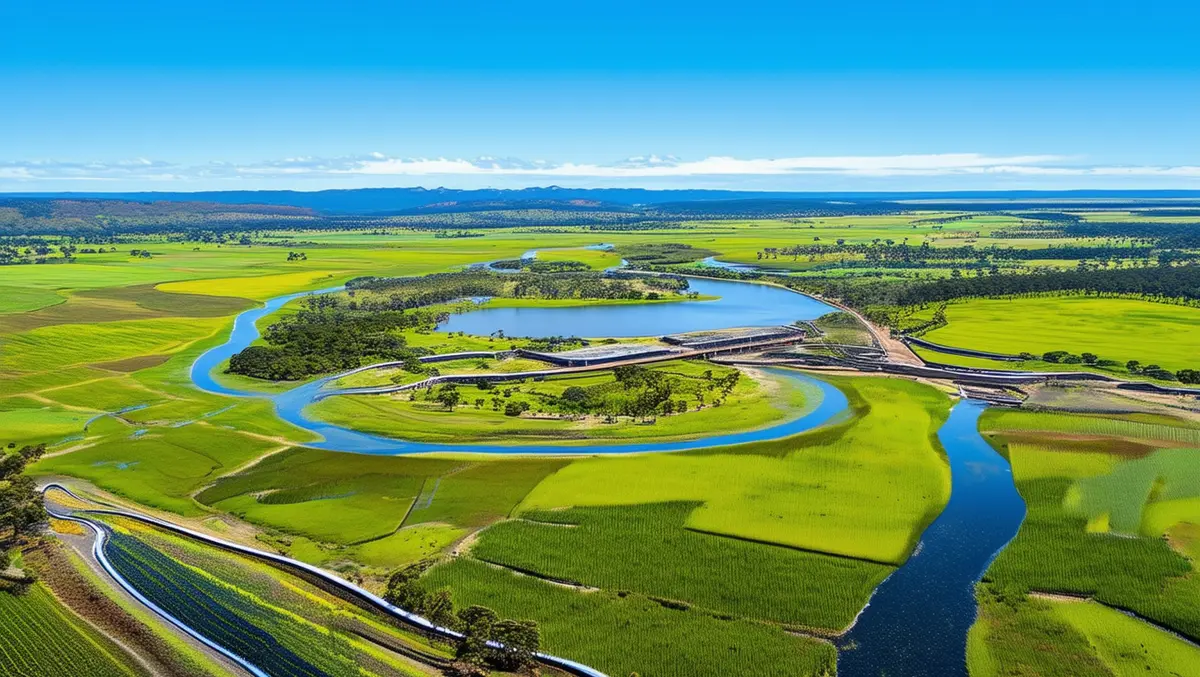
Australia leads in water security amidst global challenges
Australia has been identified as one of the few countries making strides in water security amid a rising global demand which increases by 400 billion cubic metres annually, according to a new study by BSI and Waterwise.
The report reveals that Australia is among only nine countries that have improved their water security ratings since last year, contrasting with the common perception of the nation as prone to arid conditions and drought. The study also involved a poll of 1,010 Australians, highlighting that 93% perceive drought as a significant issue, indicating ongoing challenges that the Australian government and companies must address.
In contrast, countries such as China, India, and the United States were identified as the most at risk, with scores indicating high vulnerability to drought and severe water stress. This is part of a broader trend where one-third of the evaluated countries experienced a decline in their water security levels, and 44% maintained the same rating as the previous year.
Despite the global outlook, 79% of Australians express confidence in their nation's water infrastructure, and 69% believe the government has a suitable water security plan. This confidence extends further, with two-thirds of Australians willing to pay more for products from brands prioritising water efficiency and 74% ready to alter their habits to support businesses taking positive actions.
BSI's analysis highlights concerning increases in water insecurity in countries like Spain, where the challenges have been exacerbated by factors such as a higher proportion of freshwater abstraction, lower water prices relative to GDP, and reduced water use efficiency. Similar issues have been observed in Türkiye, North Macedonia, the Netherlands, Belgium, China, India, and Japan.
Susan Taylor Martin, Chief Executive at BSI, stated: "While we are seeing pockets of progress towards a water secure world, there is more to do to promote understanding and positive change. This begins with awareness and recognition of the scale of the challenge, and how it fits into broader conversations about climate change and sustainability, from there our politicians and leaders can pave the way for action."
"While there is no single solution, we can and should take action today—from implementing water efficiency labelling to improving consumer choices, to advancing wastewater management in pharmaceutical development. There is much we, as individuals, organizations, and society, can achieve collectively. At BSI, we believe that individuals and organizations can come together to drive progress toward a sustainable future, where the supply of fresh water meets growing demands."
Nicci Russell, CEO of Waterwise, reflected on the international situation, stating: "Whilst there is a genuine appetite in the public to be part of the solution, the water security challenges our world faces remain with us. Progress is frustratingly slow in most of the world and in other parts, the challenges posed by water security are actually growing."
Russell added, "What is crystal clear from the research is that a key part of the solution is making sure that we use the water that we do have wisely in our homes and workplaces. In doing so, we will ensure that we adapt to climate change better, secure water supplies for people and businesses, and enhance the environment."
The report urges a collaborative approach involving media, policymakers, and organisations to integrate water security into broader climate discussions and promote sustainable consumer choices through measures like water efficiency labels. Such initiatives, already implemented in countries like Australia and Singapore, aim to increase awareness and foster innovation in water conservation.


